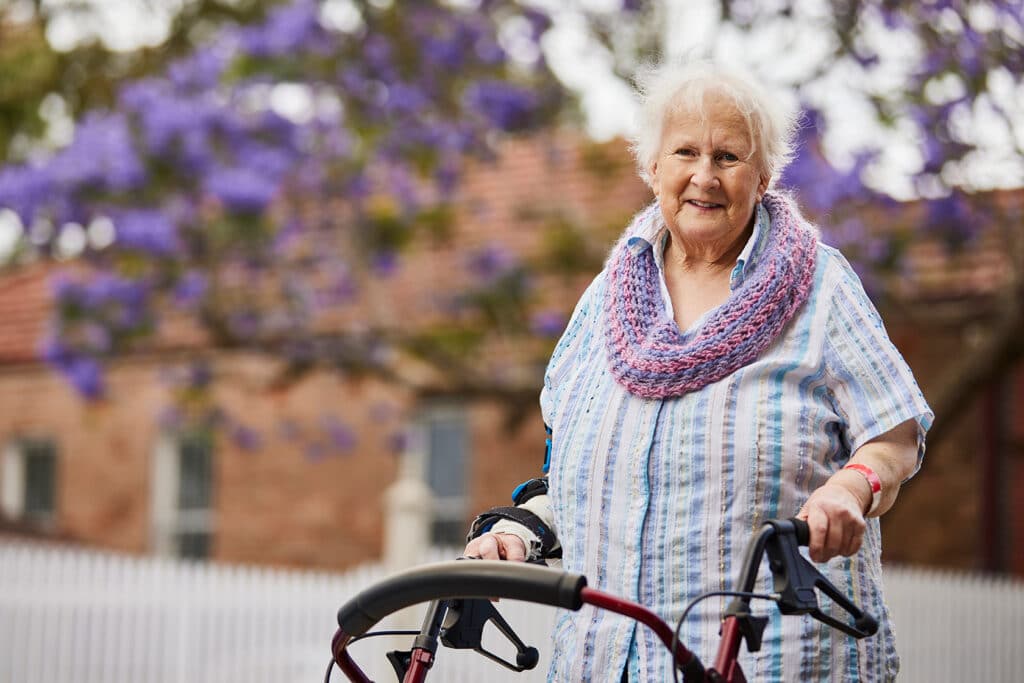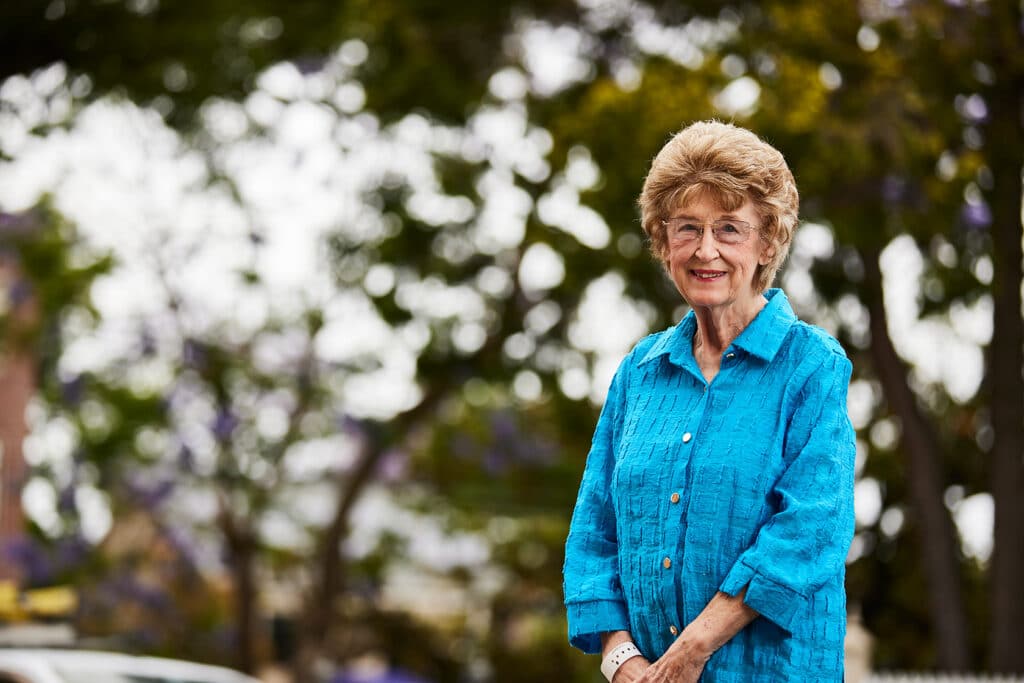If you have recently experienced a stroke, how well you recover depends on many factors. Importantly, research has found that people who participate in a focused stroke rehabilitation program have better outcomes compared to those who don’t have rehabilitation.
The Impact of Stroke
If you have experienced a stroke you may be impacted by a wide range of complications and stroke-related impairments such as limb weakness or paralysis, numbness, communication challenges, vision challenges, and reduced cognition. These challenges can have a significant impact on your independence, including your ability to perform daily life activities such as:
Rehabilitation is a vital part of the recovery process following a stroke, and should typically begin soon after the stroke has occurred. The appropriate interventions under the right rehabilitation team can make all the difference to your recovery where you can work to relearn skills lost and boost independence, and with time and effort, many people are able to make a good recovery by:
An expert multidisciplinary team, skilled in neurological, orthopaedic and musculoskeletal conditions.
A program that is tailored to your unique needs and goals.
A genuine partnership between you and your clinical team so you have choice and control.
A warm and friendly environment where you feel safe and cared for.
Access to your rehab as an inpatient or through day services.
Under the direction of a specialist rehabilitation doctor, your program can include:
The diagnosis, assessment, & management of people with a disability due to illness or injury.
Focuses on exercises and mobility practice to improve strength and function.
Aims to help you maximise functional independence in everyday tasks.
An allied health discipline based on the benefits of physical exercise to help restore strength & function.
Exercises in warm water help relieve pain, strengthen muscles, increase circulation & improve function.
Aims at improving communication skills & enhancing the ability to swallow & drink.
Helps improve digestion & manage nutritional intake.
Assists with thoughts, brain function, behaviours, emotions, personality & human development.
Focuses on enhancing overall health & wellbeing by providing effective & evidence-based support.
Supports to manage physical & mental health, improve speech skills, memory & coordination.
The latest state-of-the-art equipment in neurological rehabilitation.

"2012 was the first time I came here. The nurses even remembered me when I came back. I keep coming back because they’re good."

"I just wanted to be as well as I could for as long as I could. I wanted to get my real life back."
There are several funding options available to access our programs. These include:
Fees and charges are dependent upon your health fund and level of cover. Please check with your health fund if any additional charges apply.
Before you are admitted or before commencing your program, we will obtain approval from your insurer.
A broad range of health care and support services are available to meet the clinical needs of eligible veterans and eligible dependants.
If you do not have a funding stream, you can also choose to self-fund your program.
As a fully accredited NDIS provider, our NDIS Therapy Supports service provides NDIS participants with evidence-based allied health therapies to support, maintain and increase function and wellbeing. Click to find out more.
The first step is to obtain a referral from your specialist or GP. Medical professionals can access referral forms by clicking here.
Once we receive your referral, we will be in touch to organise a time to meet with you to discuss and review your needs and goals. We will also provide a fee estimate.
We will be in touch to organise your therapy so you can begin your rehab journey.
What is a stroke?
A stroke occurs when the blood supply to your brain is interrupted or reduced, depriving it of vital oxygen and nutrients. A stroke can cause lasting damage to the brain. The part of the brain that is affected by the stroke may not be able to function properly. This can lead to problems with movement, speech, and thinking.
There are a number of common symptoms that can occur following a stroke. These may include paralysis or weakness on one side of the body, problems with speech and understanding, difficulty in swallowing, vision problems, dizziness, or problems with balance and coordination.
What are the most common types of stroke?
There are two types of stroke: ischaemic stroke (caused by a blockage to the blood flow to the brain) and haemorrhagic stroke (caused by bleeding into the brain – also known as intracerebral haemorrhage, or around the brain – called a subarachnoid haemorrhage).
Treatment and rehabilitation after stroke can help you to relearn skills and improve your quality of life. The sooner you begin stroke rehabilitation, the more likely you will be to regain abilities and skills.
Royal Rehab Private Petersham specialises in rehabilitation for stroke patients. If you or a loved one has experienced a stroke, there is no better place to turn.
Click here for our Privacy Policy.
"*" indicates required fields